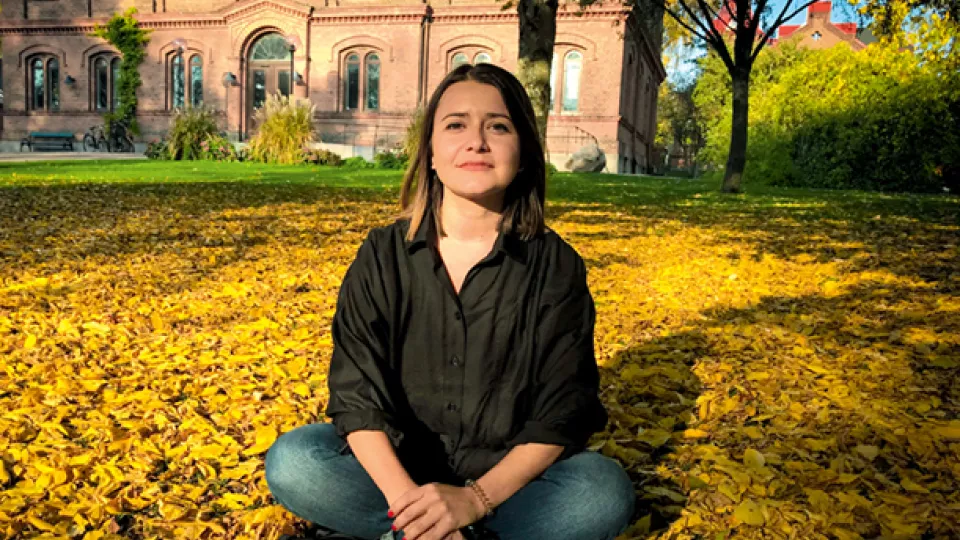The hope is that the interdisciplinary network on migration may live on and new collaborations, applications, and interdisciplinary knowledge exchange will continue even after the closing symposium in November.
Mine Islar has both personal and academic experience of migration and describes herself as an academic migrant – a term she is aware can be a little controversial. Mine Islar was born in Turkey, lives in Copenhagen and works in Sweden. For Mine Islar, as for many other academics, the opportunity to study and research at universities in other countries has been a fundamental part of her research career.
“The word migrant isn’t used in academia to refer to researchers who have come here from other countries. Instead, they are referred to as international researchers or so-called expats.”
She says this is because in Sweden we often have a narrow view of a migrant as a person in need, without skills or other important values to contribute to the country.
“The fact is, as an international researcher, I am also a migrant. I, like everyone else who comes to Sweden, have to apply for a residence permit at the Swedish Migration Board and study Swedish for Immigrants (SFI).”
It was during her SFI studies that her interest in migration research developed. And, since 2017, she’s been a driving force behind the Pufendorf IAS Migration Initiative. The initiative aims to create a space to facilitate discussion and research which can provide new perspectives on migration and highlight how migration leads to societal changes.
“It is important for researchers to work for an inclusive society and sustainable migration,” says Mine Islar who thinks that freedom of movement and migration are a prerequisite for the research community.
Mine Islar says migration has always been part of our society but that migration has certainly differed from one period to another.
“Right now there is a lot of talk about people from Asia and Africa coming to seek protection in Europe as a consequence of climate change. But we will also be affected by the climate – maybe it is us northern Europeans who will be the climate refugees of the future?”
Even if immigration to Sweden in recent times has brought a range of challenges, Mine Islar says that, from a long-term point of view, it is possible to see immigration as positive and even necessary for our future welfare state.
“Smaller rural communities can greatly benefit from taking in refugees so the villages can continue to grow and live. More than ever, populations are falling in rural areas as more and more people move from the countryside and small towns to big cities – which can also be seen as a type of migration, at the local level.”
Mine Islar says that integration is of course vital for migration to be positive for society.
“Integration is everybody’s responsibility! It cannot lie solely with the people who arrive in another country. We are the ones who must create the conditions for good social cohesion, and have patience with it taking a long time to create an inclusive society.”



